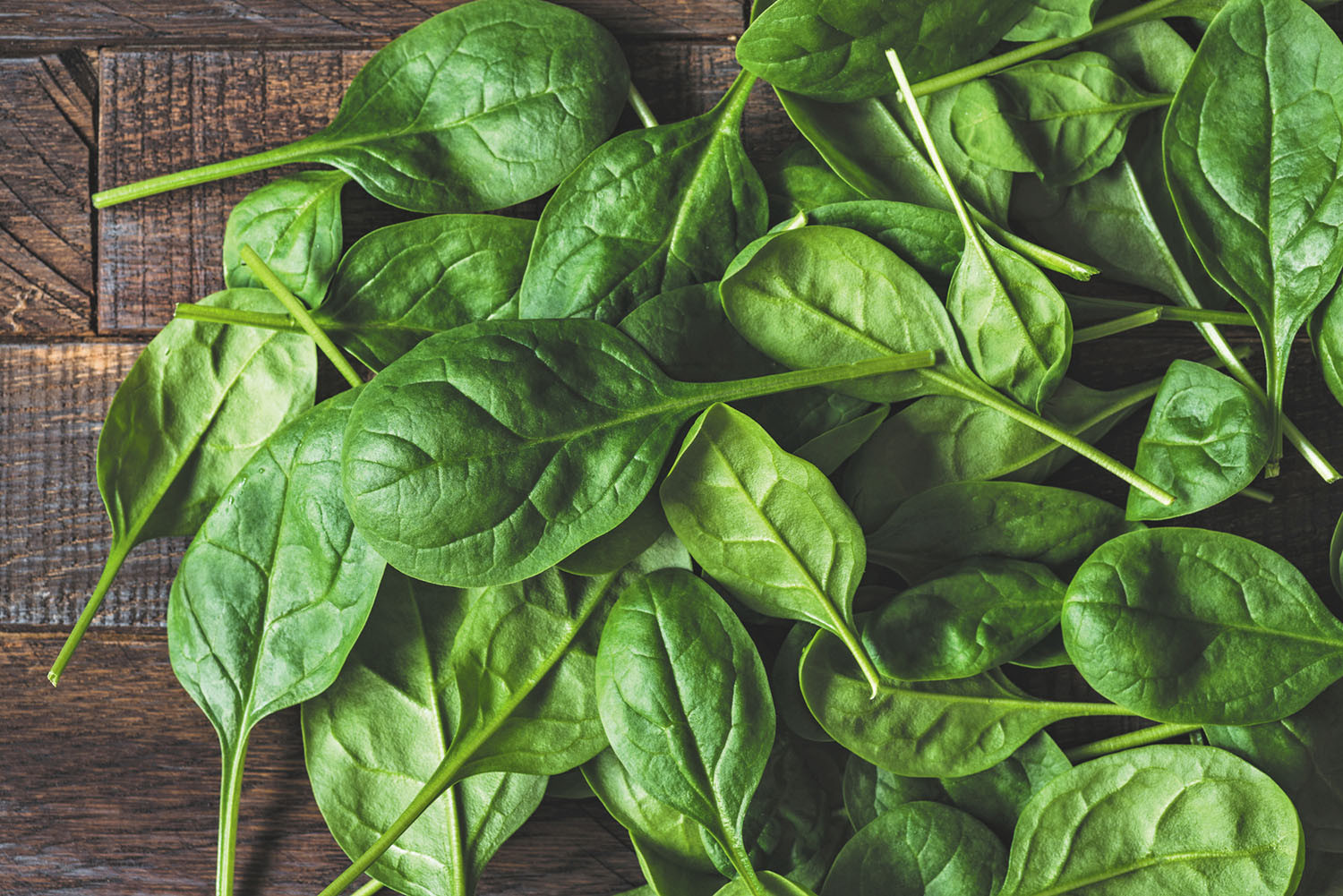
Salmonella is sneaky: Watch out

Two jobs may lower the odds of dying from Alzheimer's disease — but why?

Mastitis: What to do when your breasts are painfully inflamed

How — and why — to fit more fiber and fermented food into your meals

UTI in older women: Why postmenopausal women are susceptible to urinary tract infection, and what to do about it

Can a routine vaccine prevent dementia?

Some adults may need a measles booster shot. Who should get one and why?

Less butter, more plant oils, longer life?

Healthier planet, healthier people

Counting steps is good — is combining steps and heart rate better?
Healthy Eating Archive
Articles
Magnesium-rich foods might boost brain health, especially in women
A 2023 study suggests that eating more magnesium-rich foods contribute to better brain health—especially in women—as people get older. This may lower the risk of dementia.
When fatigue leaves you drained, depleted, and dumbfounded
Fatigue affects up to three-quarters of older adults with chronic conditions. Some causes are obvious, while others are less well recognized. They include sleep disorders, anemia, poor diet, thyroid problems, mood disorders, and medication use. People with prolonged, unexplained fatigue should see a doctor, who will perform a physical exam, ask about medical history, and in some cases perform blood or other tests. People can boost energy levels by exercising more, optimizing diet, using caffeine strategically, and limiting alcohol consumption.
Men, women, and red meat risk: Maybe both sexes should put down the burger
A 2023 review of 70 studies found that both unprocessed and processed red meat are linked to higher risks of cardiovascular disease and diabetes, with no apparent difference in risk between men and women.
Heart-healthy eating: How does your diet stack up?
Four eating patterns—including the DASH, Mediterranean, pescatarian, and vegetarian diets—align most closely with recommendations for a heart-healthy diet, according to a 2023 scientific statement from the American Heart Association. These diets limit saturated fat and excess carbohydrates, especially highly processed carbohydrates and sugary drinks. Evidence supporting these diets comes from decades of randomized trials, population-based studies, and other research.
Healthy diet linked to better cardiovascular fitness
A heart-healthy diet that focuses on plant-based foods is closely tied to improved physical fitness. In a 2023 study, higher healthy diet scores had an effect that was similar to taking an additional 4,000 steps per day.
Diet and prostate cancer
Eating a plant-based diet like the Mediterranean, MIND, or DASH diet has been shown to help people lose weight and lower their risk for heart disease and diabetes. But such a diet may also help men lower their risk for prostate cancer or help slow the spread of existing prostate cancer. The connection may be due to high consumption of inflammation-fighting fruits, vegetables, and fatty fish, and the fact that people who follow a plant-based diet eat less red meat and processed foods, high intakes of which are associated with cancer risk.
Feeding body and soul
Intuitive eating is a plan designed to help people build a better relationship with food. It encourages people to listen to natural hunger and fullness cues. Two key principles include rejecting a diet mentality and the notion that foods are "good" or "bad." Weight loss can result, but it is not a chief goal. People can incorporate intuitive eating into their lifestyle by being mindful during meals, keeping a food journal, staying fueled, being patient, and seeking support from a dietitian or health coach.
Salty diet linked to narrowed arteries in the heart and neck
The more salt people eat, the greater their risk of clogged heart and neck arteries, a 2023 study suggests. Narrowed arteries (atherosclerosis) can lead to heart attacks and strokes.

Salmonella is sneaky: Watch out

Two jobs may lower the odds of dying from Alzheimer's disease — but why?

Mastitis: What to do when your breasts are painfully inflamed

How — and why — to fit more fiber and fermented food into your meals

UTI in older women: Why postmenopausal women are susceptible to urinary tract infection, and what to do about it

Can a routine vaccine prevent dementia?

Some adults may need a measles booster shot. Who should get one and why?

Less butter, more plant oils, longer life?

Healthier planet, healthier people

Counting steps is good — is combining steps and heart rate better?
Free Healthbeat Signup
Get the latest in health news delivered to your inbox!
Sign Up











